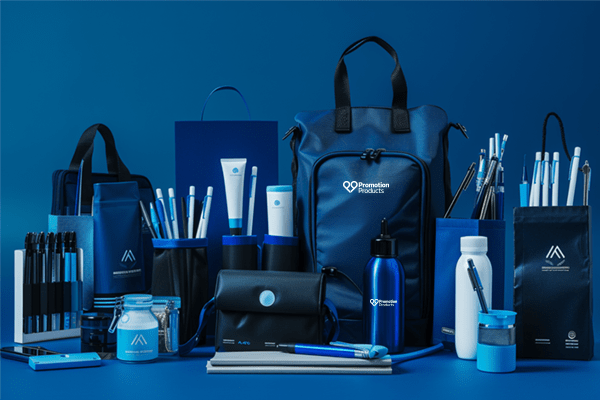We’re still quite a ways away from wielding proper Power Loaders but advances in exosuit technology are rapidly changing how people perform physical tasks in their daily lives — some designed to help rehabilitate spinal injury patients, others created to improve a Marine’s warfighting capabilities, and many built simply to make physically repetitive vocations less stressful for the people performing them. But German Bionic claims only one of them is intelligent enough to learn from its users’ mistaken movements: its 5th-generation Cray X.
The Cray X fits on workers like a 7kg backpack with hip-mounted actuators that move carbon fiber linkages strapped to the upper legs, allowing a person to easily lift and walk with up to 30kg (66 lbs) with both their legs and backs fully supported. Though it doesn’t actively assist the person’s shoulders and arms with the task, the Cray X does offer a Smart Safety Companion system to help mitigate common lifting injuries.
“It’s a real time software application that runs in the background and can warn the worker when the ergonomic risk is getting too high,” Norma Steller, German Bionic’s Head of IoT, told Engadget. “For example, recommending a break because we know that… the repetition and the overall stress can lead to fatigue, and fatigue can lead to injuries. This is something we want to prevent.”
The SSC not only collects granular telemetry information — what load is being lifted, ergonomic risks such as twisting while lifting, and potential environmental factors — it uses a machine learning algorithm to analyze that data to adapt the exoskeleton to the worker wearing it via OTA software updates. Not only is this data displayed to the workers themselves on an attached monitor, the Cray X also transmits that data up the supervisory chain allowing managers to monitor the movements of their employees to ensure that they are not overexerting themselves.
“Since we are collecting every single step and every single lift, the data that we provide is much more accurate,” Steller noted. The data the Cray collects is gathered from real-world use, not lab tests or supervised trials where workers are on their best ergonomic behavior. “Especially in logistics, every single step, every single lift, every single trend is usually planned. But sometimes in the real world, not every plan comes to fulfillment and then we suddenly see workplace performance drop very, very quickly. And with the data we provide, you can actually do an investigation and figure out why [that drop off is occurring].”
German Bionic
Steller sees the Cray X as a “preventative device” designed to ensure workers don’t overextend or overexert themselves. “We are a preventative device, so we are preventing injury,” Steller added. “We’re not considered a medical [device manufacturer]. We consider ourselves an exoskeleton for industrial use.” As such, the Cray X is IP54 rated for dust and moisture so it can work in all but the dingiest of warehouse environments.
And though the Cray X is designed to be put on and taken off in under a minute, it can be worn for up to a full work shift without being removed thanks to the 5th generation’s new hot-swappable 40V battery system.
“We implemented the hot swapping function so that you can just drop it on the spot without having to turn off the device,” Marius Kiss, Head of Mechanical R&D at German Bionic, told Engadget. “You can pull out the [spent battery] for a new one, place the old one on the charger — we use the Makita fast charging stations which charge the battery in like 30 to 40 minutes — and then you can just move on. You could potentially work like eight hours without having to take off the exoskeleton.”
For as useful as the current generation of exoskeletal technologies are today, the German Bionic team sees them becoming even more capable, and widespread, in the years ahead. “My feeling is that we will see much more specialized exoskeletons in the future because the technology is more available.” Steller said. “I think they will enter our world, not only in the B2B industrial sectors. We will see them basically everywhere because we have the chance to augment our body and usually humans take the chance to do that. We will see them everywhere, without any real limitation but very specialized to the use case.”
“I really see everyone on the street wearing an exoskeleton in one form or another,” Eric Eitel, German Bionic’s Head of Communications, added. “But I think that the exoskeletons that we are looking for in the future are the active ones. I see them being a lot slimmer, smarter and connected.”
And even as the technology expands to consumer uses, Eitel believes exoskeletons will likely remain a common sight in industrial settings. “There are still a lot of workspaces that cannot be automated and I think that’s going to stay like that for a long time. You still have to rely on people so we don’t want to replace all the humans. I really see that technology is going alongside [automation].”
“We see robots more as companions, our product is actually a companion,” added Kiss. “I think this can be just another possibility, I mean, there’s still situations where automation still makes a lot of sense. When you go into dangerous environments, you should actually automate that. But why should we automate everything?”
All products recommended by Engadget are selected by our editorial team, independent of our parent company. Some of our stories include affiliate links. If you buy something through one of these links, we may earn an affiliate commission.









